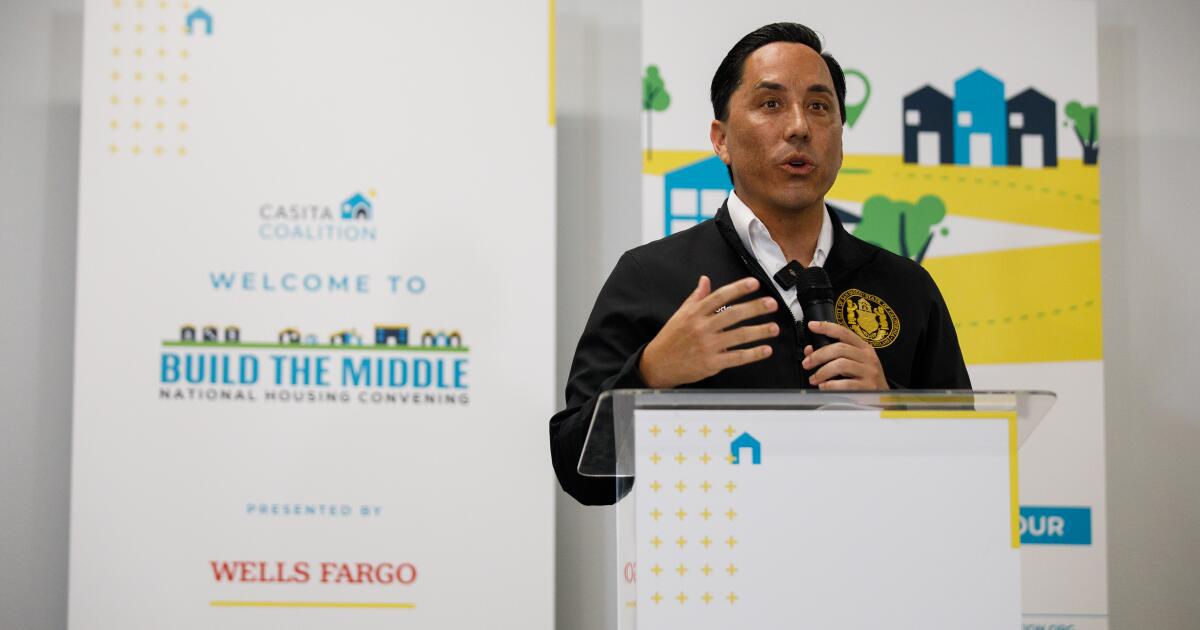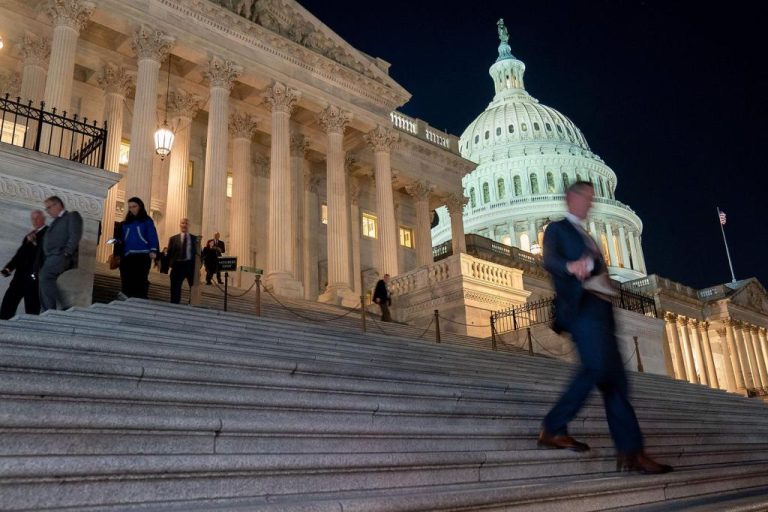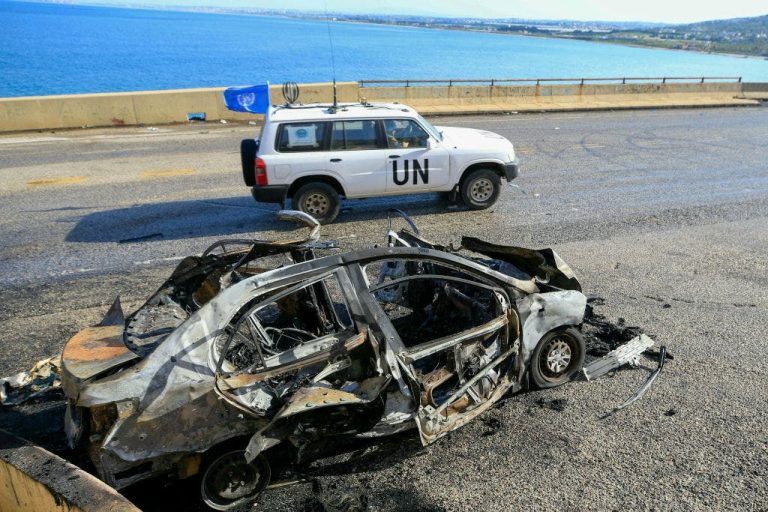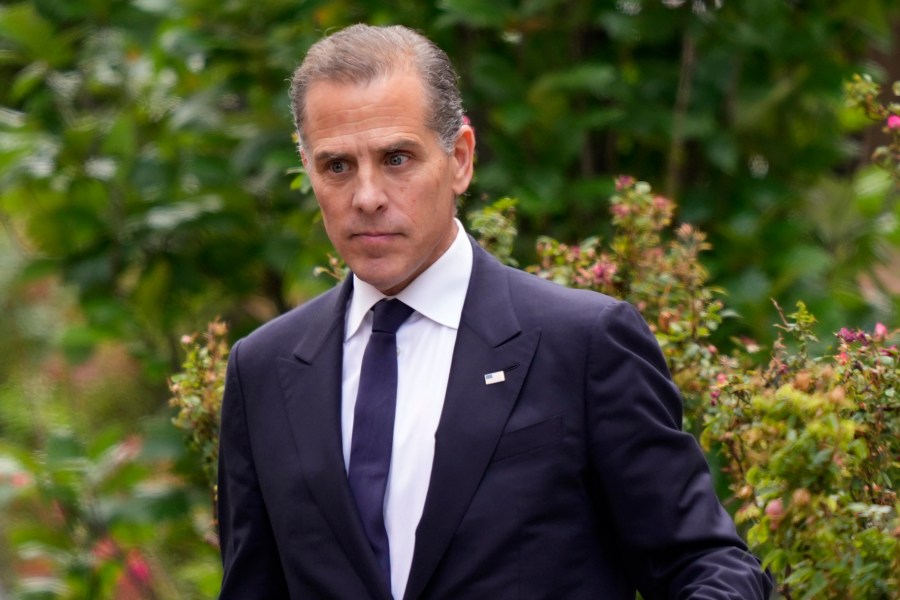
The San Diego City Council’s rejection of Mayor Todd Gloria’s housing plan this week laid bare fraying relationships and suspicions within City Hall.
It was also the latest in a string of setbacks for the mayor as he heads into an election year.
The developments no doubt are part of the ups and downs experienced by every mayoral administration, clashes with the City Council included.
To be sure, Gloria has had his share of victories. Just this week the council gave final approval to one of his other priorities: a police surveillance network that will deploy cameras on hundreds of streetlights.
That policy also is not without dispute. Though strongly backed by the San Diego Police Department, privacy and community advocates, who claimed the plan lacked privacy safeguards and was pushed through with little heed to recommendations from a panel specifically created to analyze surveillance technology.
As with the housing plan, the council was divided over the proposal.
Gloria also has succeeded on pushing through his recent initiatives on homelessness — banning camping in public places and opening “safe sleeping” sites on parking lots in Balboa Park. The former was criticized by some as unfair to homeless people — especially with a shortage of shelter space — and the latter is seen as a modest, temporary measure, but both appear to have substantial public support.
So far, Gloria hasn’t drawn a well-known opponent as he seeks re-election next year. However, one candidate, San Diego police officer Larry Turner, has focused on Gloria’s approach to the city’s seemingly intractable homelessness problem.
Indeed, homelessness and the lack of affordable housing continue to be top concerns for the city and Gloria.
A revolt is brewing in Point Loma over an emerging plan to house between 300 and 700 homeless people in shelters on government property known as H Barracks near the San Diego International Airport. Thousands of people have signed a petition against it.
Low-income tenants in the city’s Section 8 subsidized housing program may be experiencing illegal rent increases, according to inewsource. Beyond the rent hike issue, only a small portion of people who qualify receive housing vouchers because of limited funding.
The Midway Rising project to redevelop the city’s sports arena property recently abandoned plans for 250 middle-income homes, along with a proposed hotel. The plan still calls for 4,250 residential units, 2,000 of which will be deed restricted for lower-income residents.
This came after Gloria elevated the need for more middle-income housing.
Last week, the head of the city’s real estate division, which has overseen the Midway project, was removed and the department was consolidated with the economic development department.
Darkening financial clouds also are looming.
The city is facing more than $1 billion in projected budget deficits over the next five years, David Garrick of The San Diego Union-Tribune reported last week.
The five-year outlook compiled by the city cites higher employee pay, larger pension payouts and more spending on homelessness as key factors in the annual deficits. The end of federal pandemic aid and costs of operating new fire stations, libraries and parks also contribute to the annual shortfalls, along with inflation and lawsuit payments.
Well before Gloria was elected, the city struggled to bring in enough revenue to pay for the level of services it provides. As candidate and mayor, Gloria has pledged a more honest approach to budgeting.
Meanwhile, the mayor, Councilmember Raul Campillo and others have been in low-key discussions about potentially putting a sales tax increase on the ballot next year.
Another financial issue may gain more attention in the coming months: the explosion of non-emergency police overtime pay.
The department, which is overseen by Gloria, has been perennially understaffed, but the current number of officers isn’t much different than it had been in previous years when overtime was considerably lower.
At council members’ request, the city auditor is conducting an audit of police overtime that’s expected to be completed in February. Some council members have suggested millions of dollars spent on overtime could be shifted to other needs.
The latest flash point came Monday during a five-hour hearing on Gloria’s Housing Action Package 2.0. The proposal is aimed at providing housing for people facing homelessness, middle-income residents and college students, among others.
Support for the package fell apart over a provision that no longer required developers to include low-income housing in their projects, but allowed them to build it elsewhere. Under existing rules, developers agree to provide a certain amount of low-income housing in return for being allowed to build more homes.
The Gloria administration and other advocates said this would lead to more affordable housing. Opponents said it would head down the path toward “redlining” through segregation by income and probably race.
Council President Sean Elo-Rivera proposed a compromise that essentially would allow the off-site housing to be built in the same general area as the project, but could not get majority support. Ultimately, the council voted 5-3 against the Gloria plan.
Elo-Rivera expressed his frustration broadly about the process, as well as the facts of life at City Hall.
“This is our job, to legislate. And I do not feel we had an ample opportunity to provide input,” he said, adding there was the notion that “something’s come so far down the track that now it’s too late for us to . . . act with the power that has been granted to us (by) the voters.”
Meanwhile, he acknowledged he sprang his amendments on fellow council members at the last minute, but said that was out of concern over tipping off powerful developers.
“That gives industry a chance to lobby this body and tell us what we shouldn’t do,” he said.
All that seemed like criticism targeted toward Gloria and at least some council members, not to mention developers.
The mayor’s office declined to give a response. But the question of upfront input aside, Gloria’s housing plan had gone through extensive public hearings before both the Planning Commission and the council’s Land Use and Housing Committee.
The plan was altered along the way, with one of the most controversial provisions — allowing up to 10 units on a single-family home lot — stripped from the package.
The mayor’s plan likely will return to the council in some form. The bulk of the proposal seemed to have broad council support on Tuesday.
Perhaps they could have set aside the off-site housing component for further negotiation and passed the overall package, but that didn’t happen.
In any case, for housing advocates — and developers — it may seem to be a missed opportunity.







